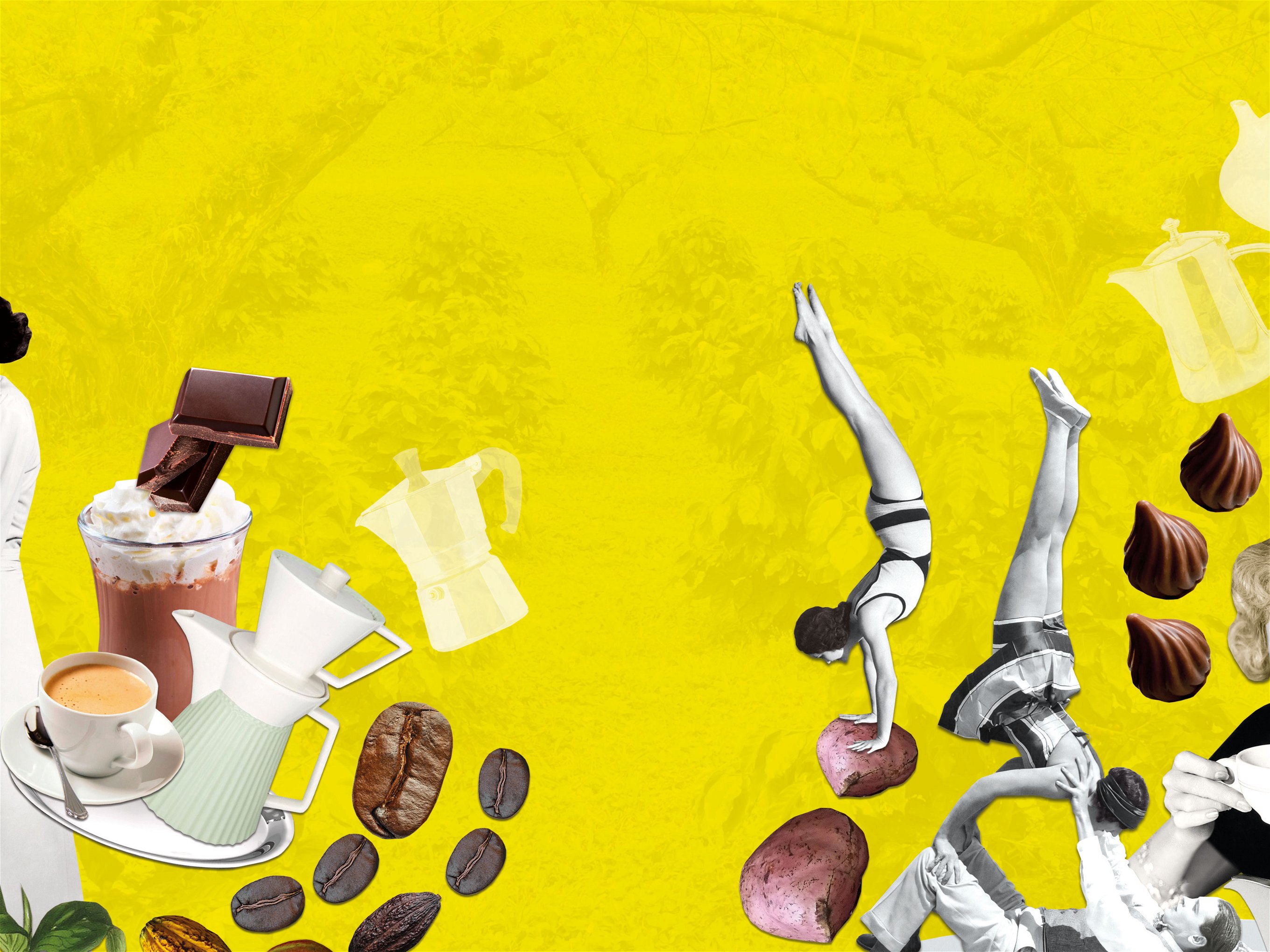Coffee can help in fight against depression
New study looked at links between caffeine consumption and depression.
A study has investigated the relationship between caffeine consumption and depression, based on a more extensive investigation of diet and health in the USA. The good headline news is that coffee, in limited amounts, can contribute to the alleviation of depression.
Specifically, data from 3263 respondents aged 20 and older (from 2017 - 2018 National Health and Nutrition Examination Survey, NHANES), 244 of whom had depression, were examined. The consumption of caffeine, in doses of up to one large cup of coffee a day, may have a possible complimentary contribution to the alleviation of depression; patients with a higher PHQ-9 (Patient Health Questionnaire) score, used as a measure of depression, consumed less caffeine on average than other respondents. However, the authors also pointed out that further studies must substantiate these results and there are other possible relevant factors.
Connection between consumption and depression
Previous studies have already investigated a connection between caffeine consumption and depression, but it was unclear what amount of caffeine could be a relevant factor; the present study examined this using data from a more extensive study on diet and health in the USA.
Participants were divided into people with and without depression, with the level of depression assessed using a PHQ-9 questionnaire. In addition, caffeine intake within the last 24 hours was recorded, and potentially relevant factors included education level, sleepiness, age, marital status, origin/skin colour, smoking, gender and leisure activities. The study results indicated a negative association between caffeine intake and depression. However, when caffeine intake exceeded 90mg, no significant association with depression was found.
Moreover, the association only existed among non-smokers and people who had never been married. The effect was particularly clear among people without a higher level of education and among women. The limit seen here for caffeine amounts that affect depression corresponds to about one large cup of coffee (brewed), or about three cups of green tea, the authors quoting from a US database on the nutrient content of food.













